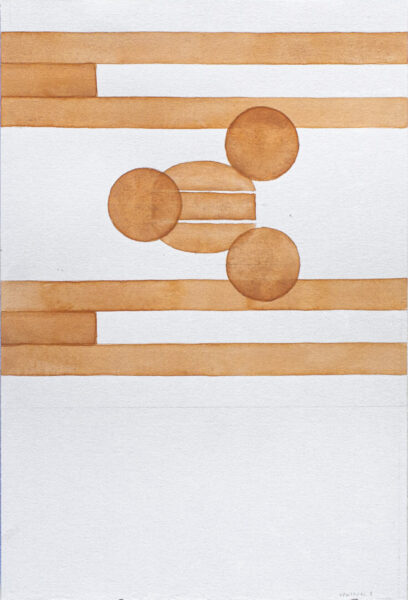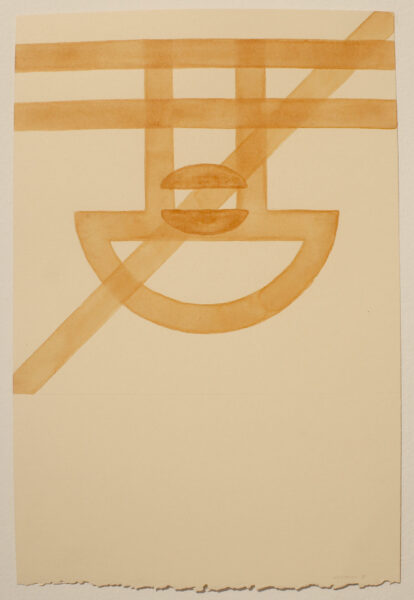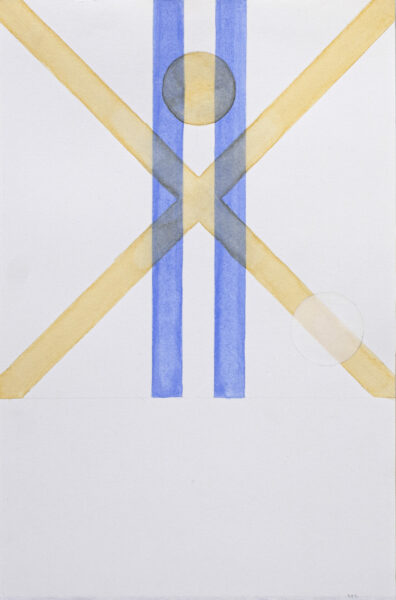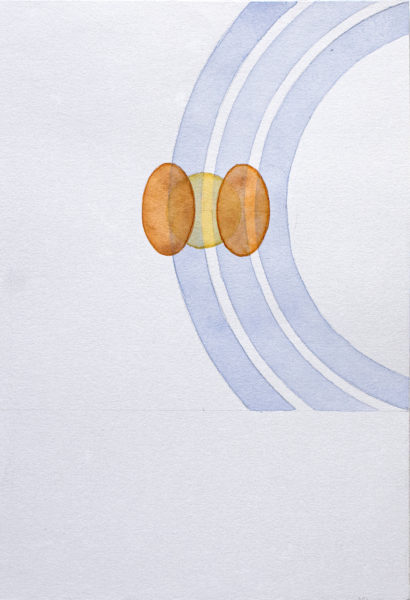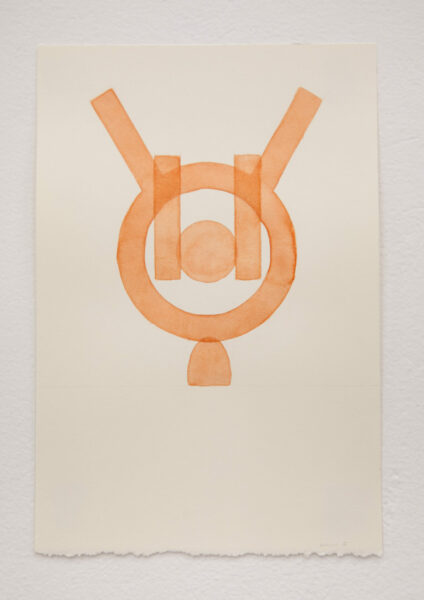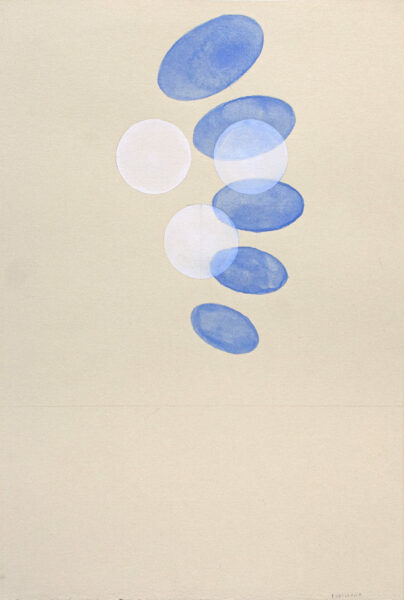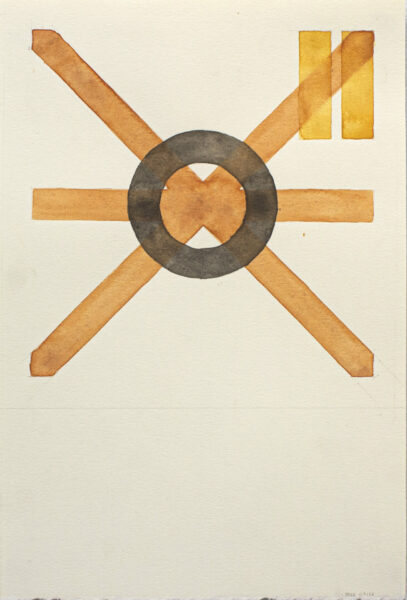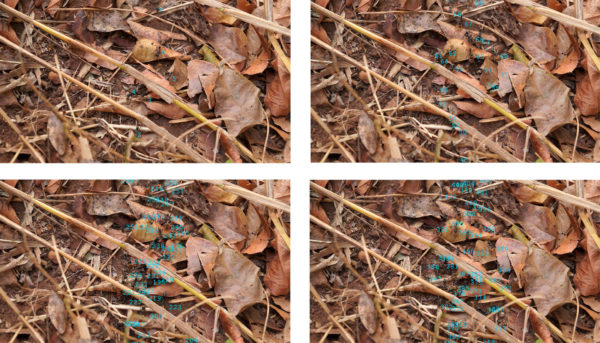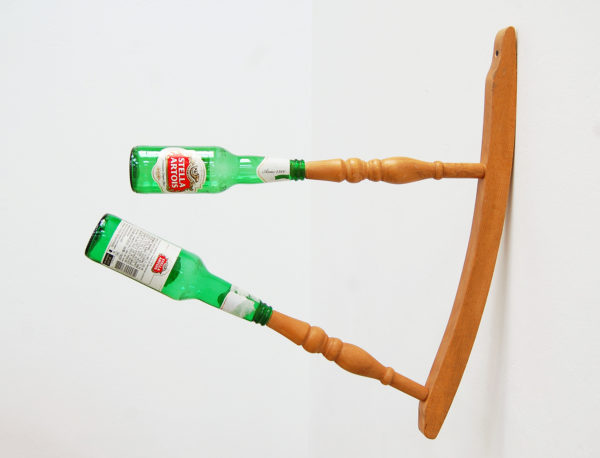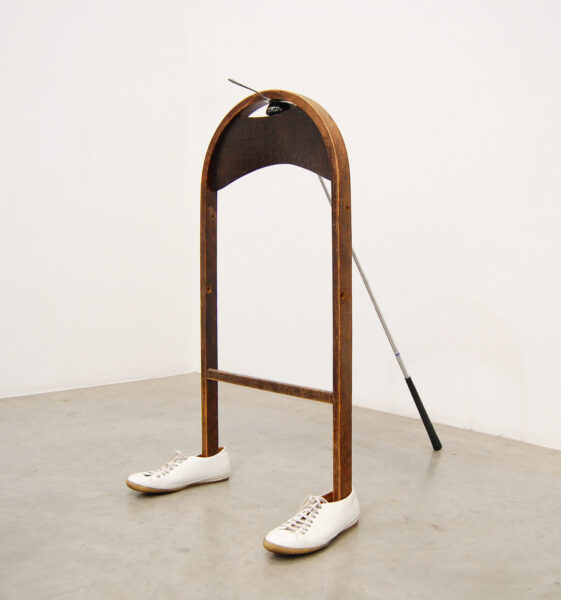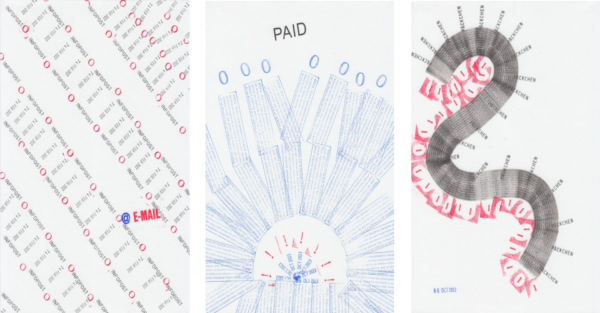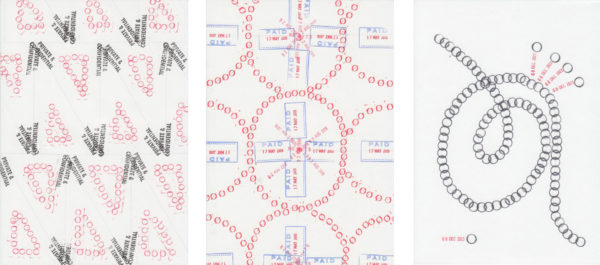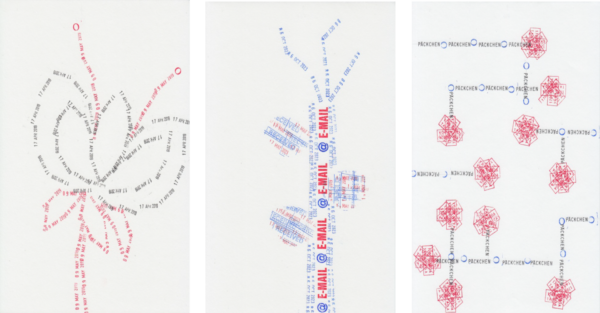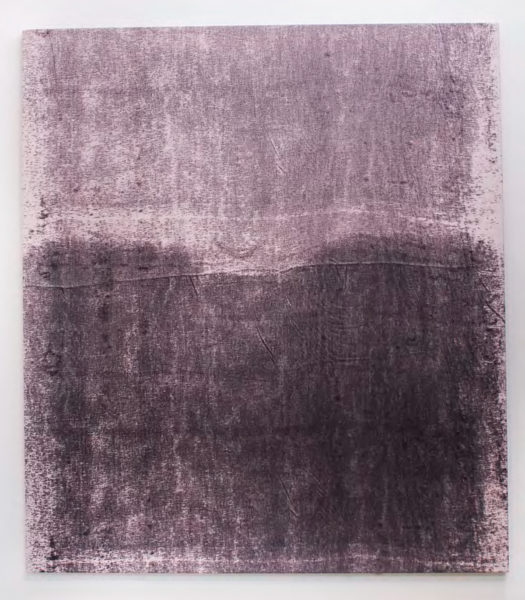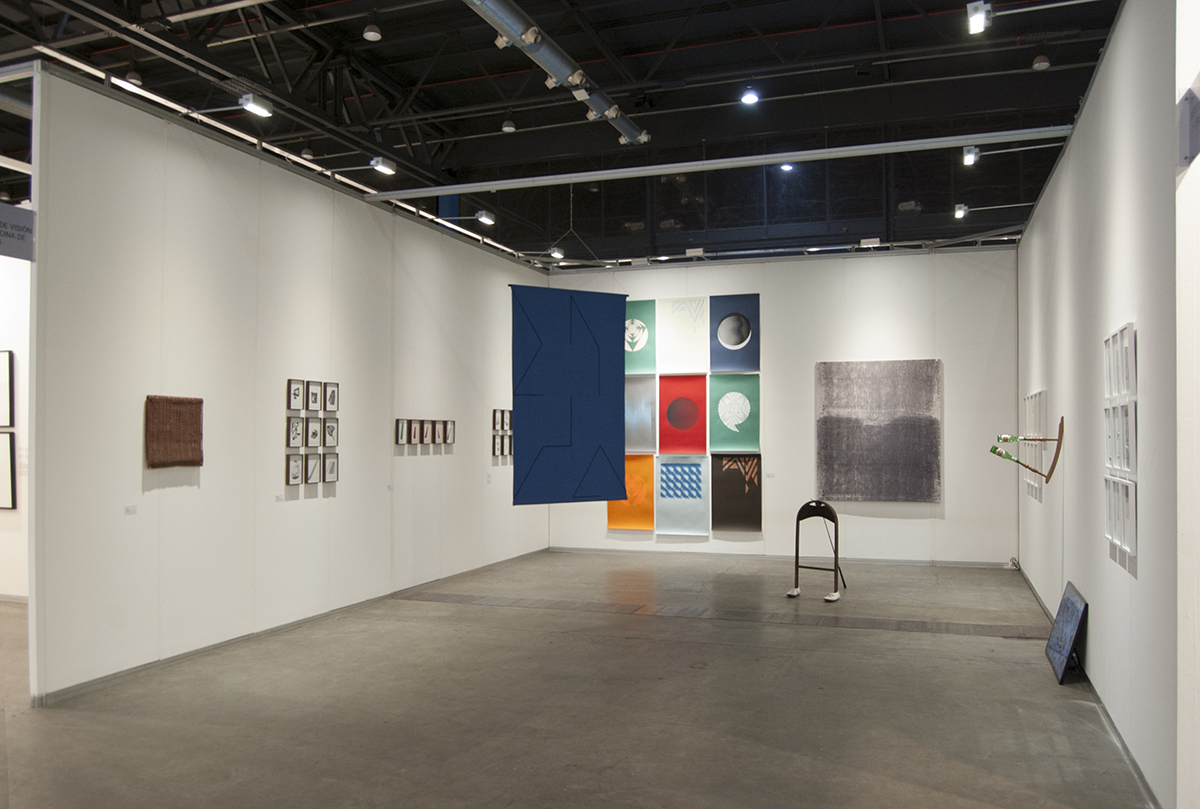
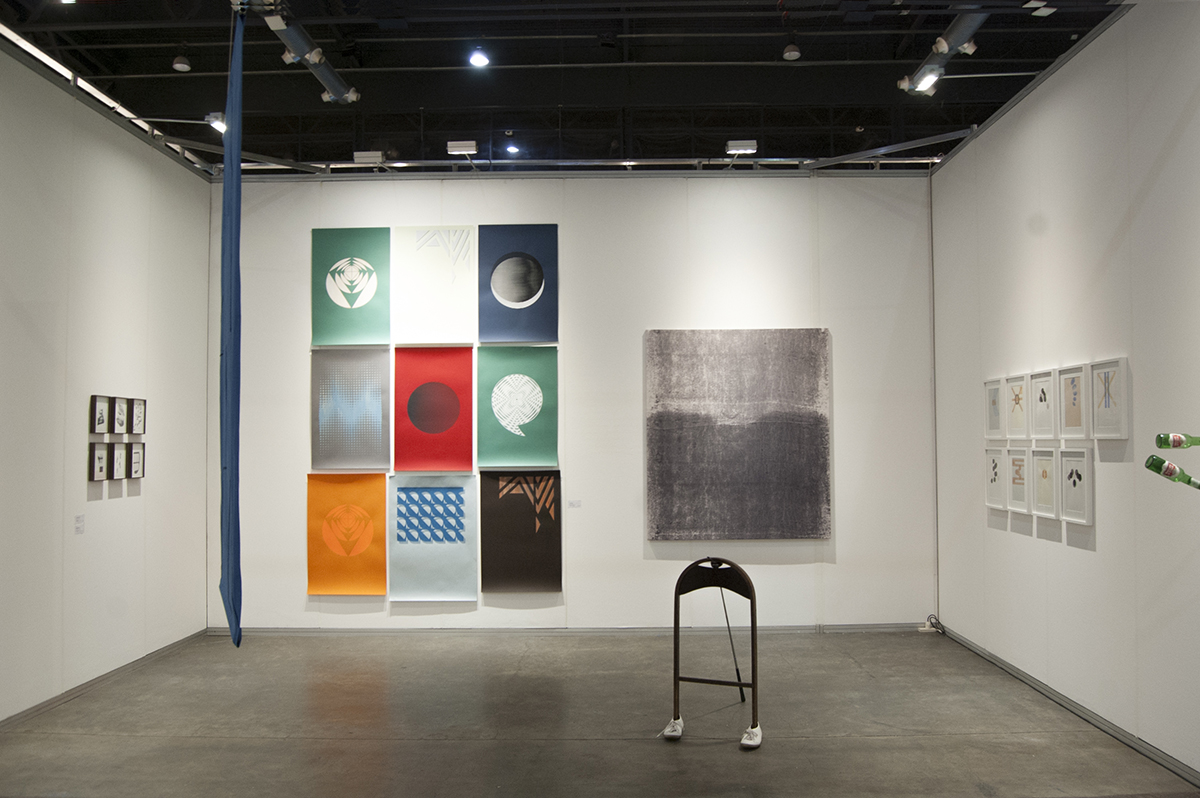
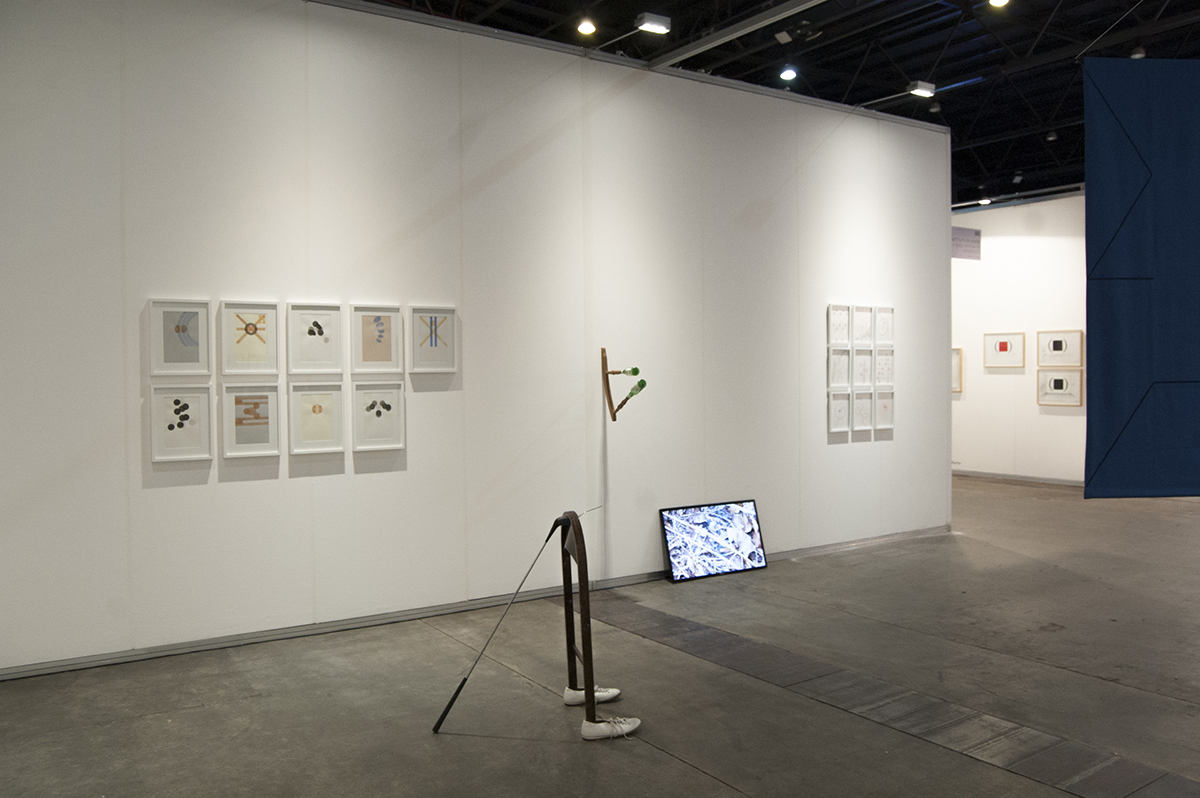
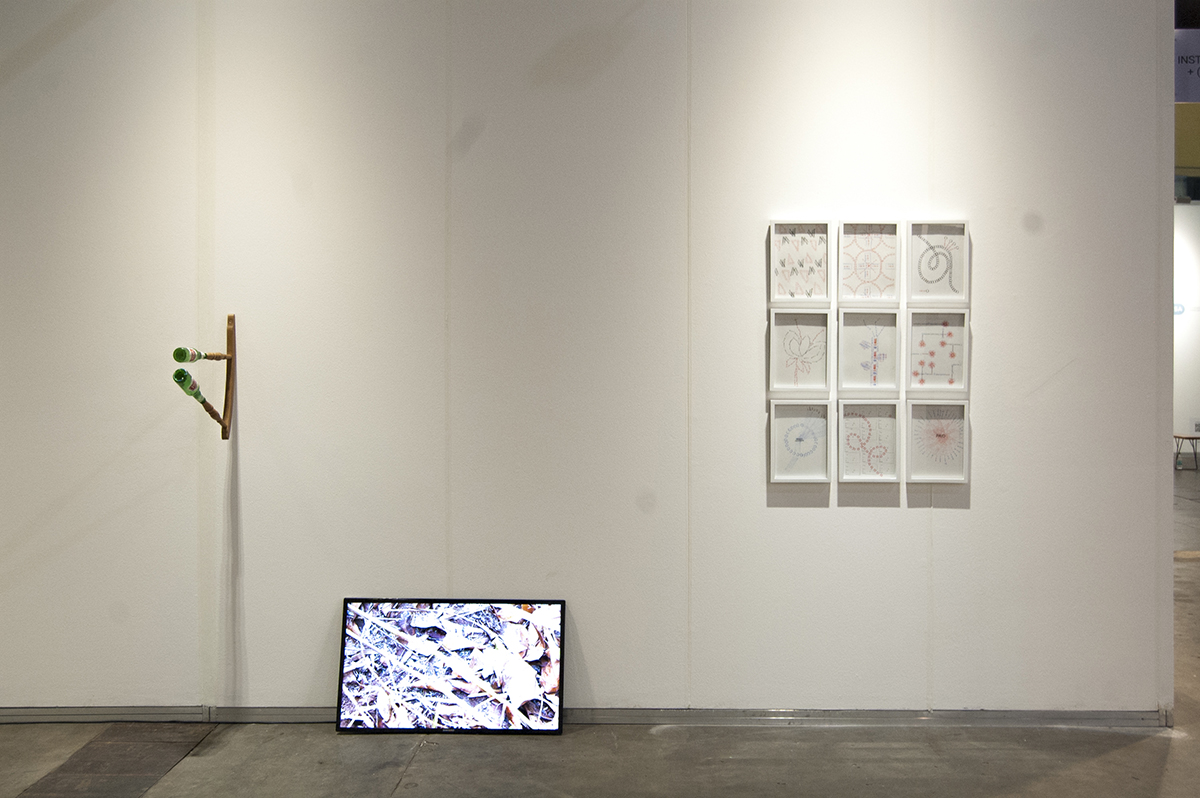
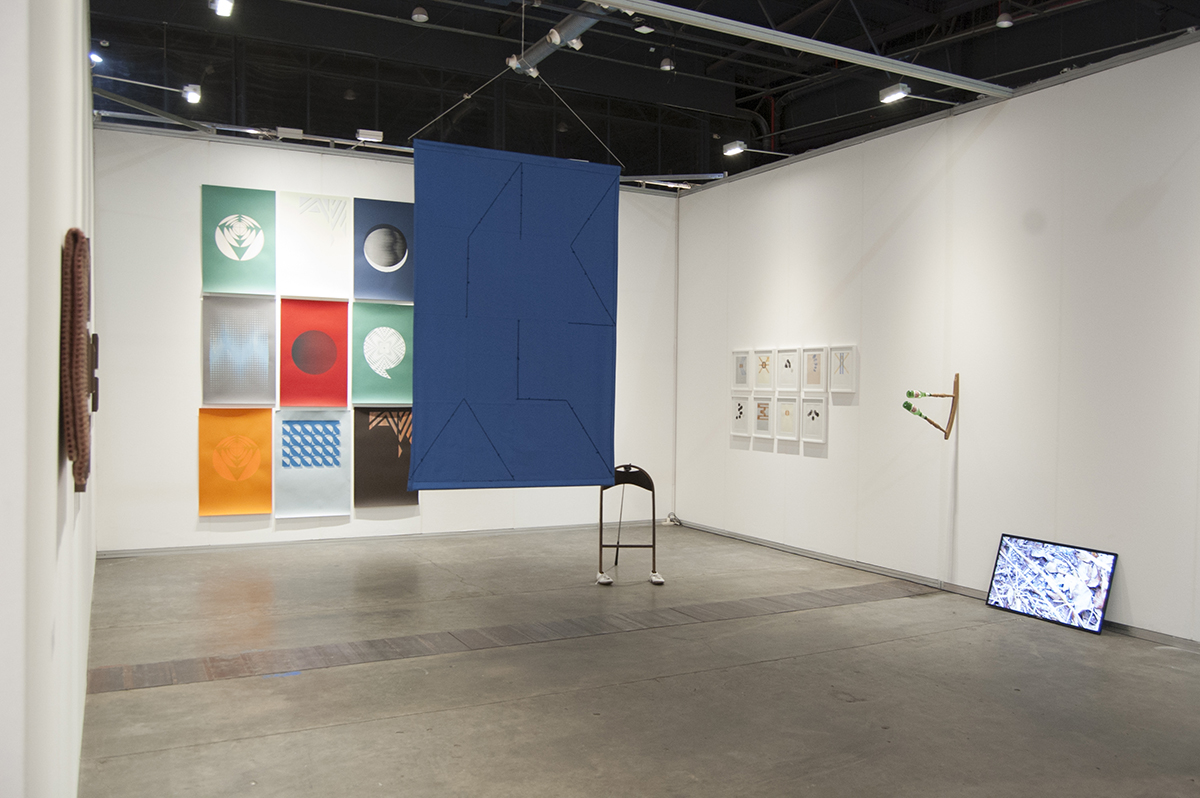
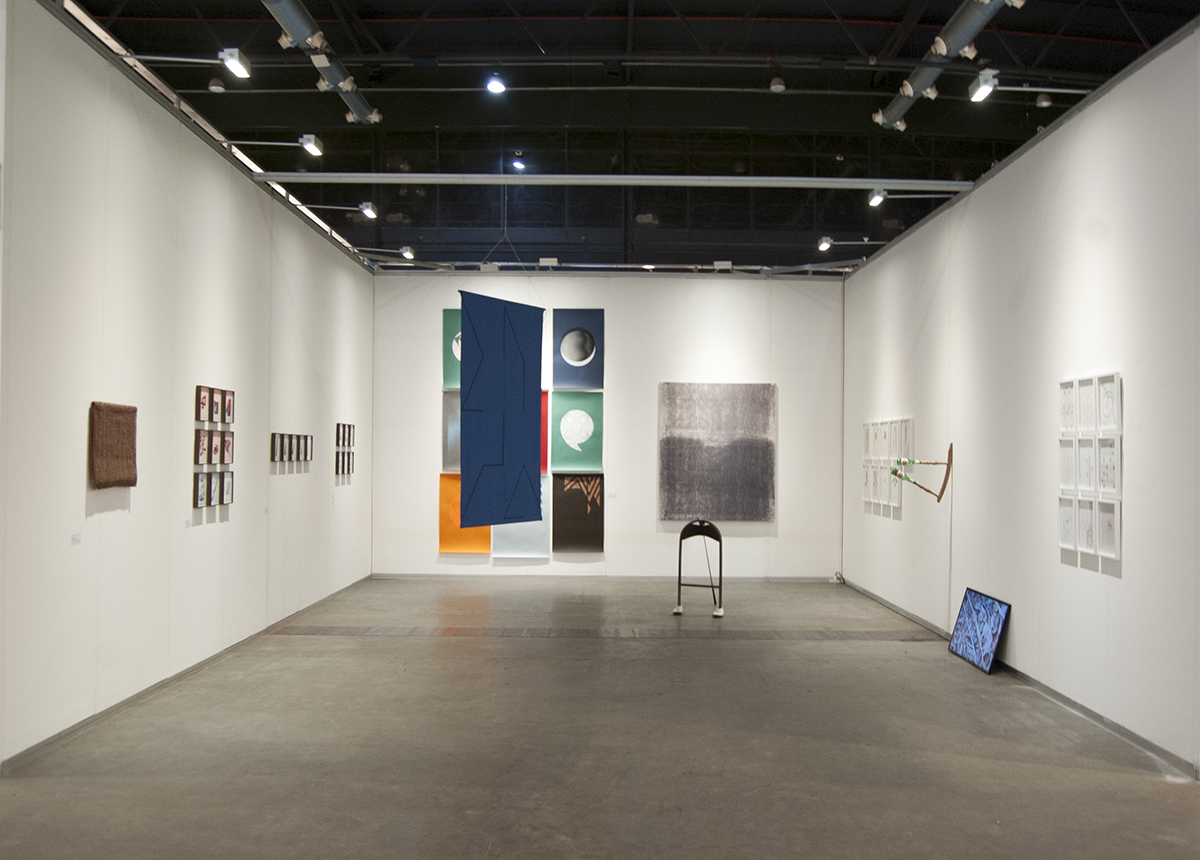
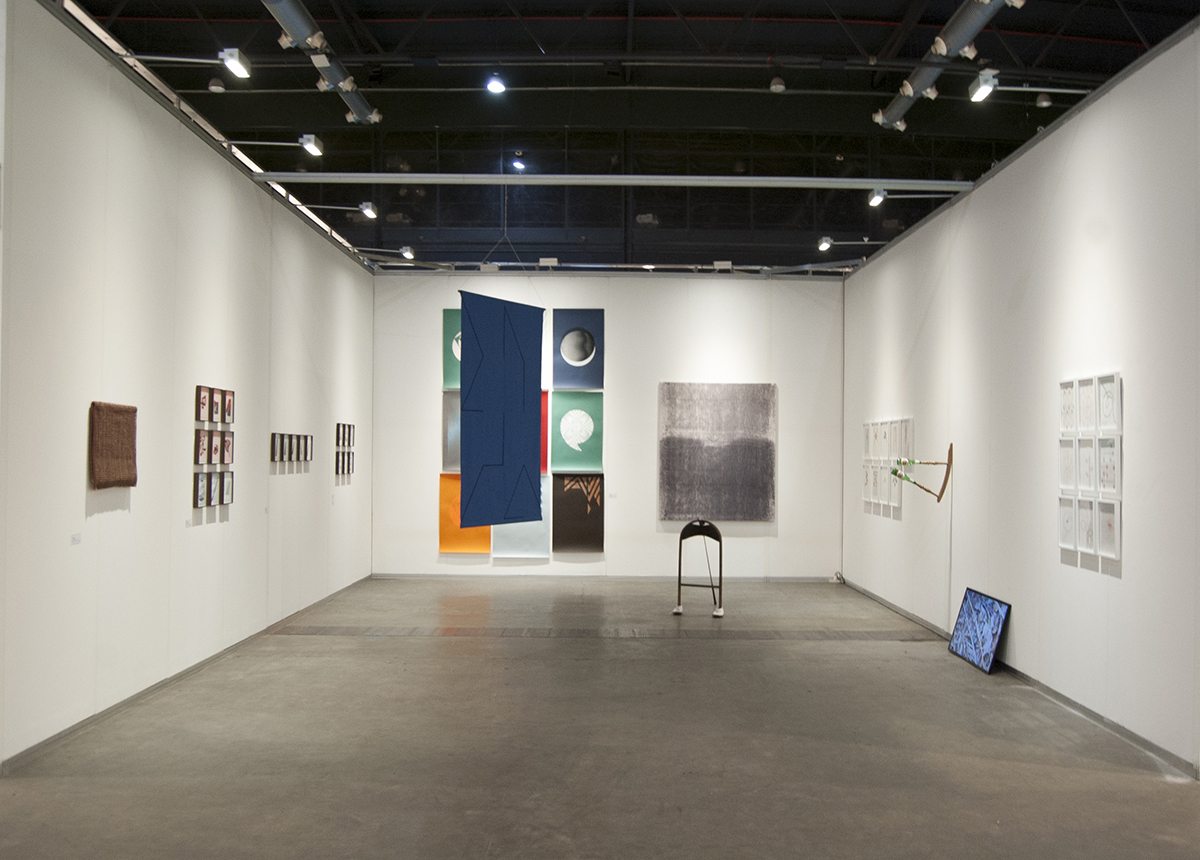
arteBA 2019
Camil’s work is usually associated to the mexican urban landscape, the aesthetic language of mod ernism and its relationship to retail and advertising. Recently she has engaged in public participation as a way to activate the work and engage with the politics of consumerism.
Amalia Pica uses sculpture, performance, installation and photography to explore the nuances of communication. Central to Pica’s work is the problem of communication, which she explores by setting everyday objects alongside obsolete technologies such as shutter telegraphs, slide projectors, and 16 mm film. Yet while her interest is in language, and in the mechanisms by which communication is attempted, most of her projects are silent. She compensates for this apparent lack by adding texts that elucidate the missing parts. Pica highlights the significance of listening and interpretation in installations.
Otto Berchem’s practice explores social and visual codes, focusing on the relationships between language, architecture, history, and poetry. With his recent work the artist continues his exploration of signs, human relationships and codes, to create a chromatic alphabet. Berchem’s chromatic code is inspired by the writings of Jorge Adoum and Vladimir Nabokov, Peter Saville’s designs for the first three New Order albums, and the condition of Synaesthesia. Through this alphabet, Berchem has proposed a series of work reviewing iconic images, creating his own documents by strategically deleting pre-existing meanings and slogans, and replacing them with his own.
La Rural / Buenos Aires, Argentina
